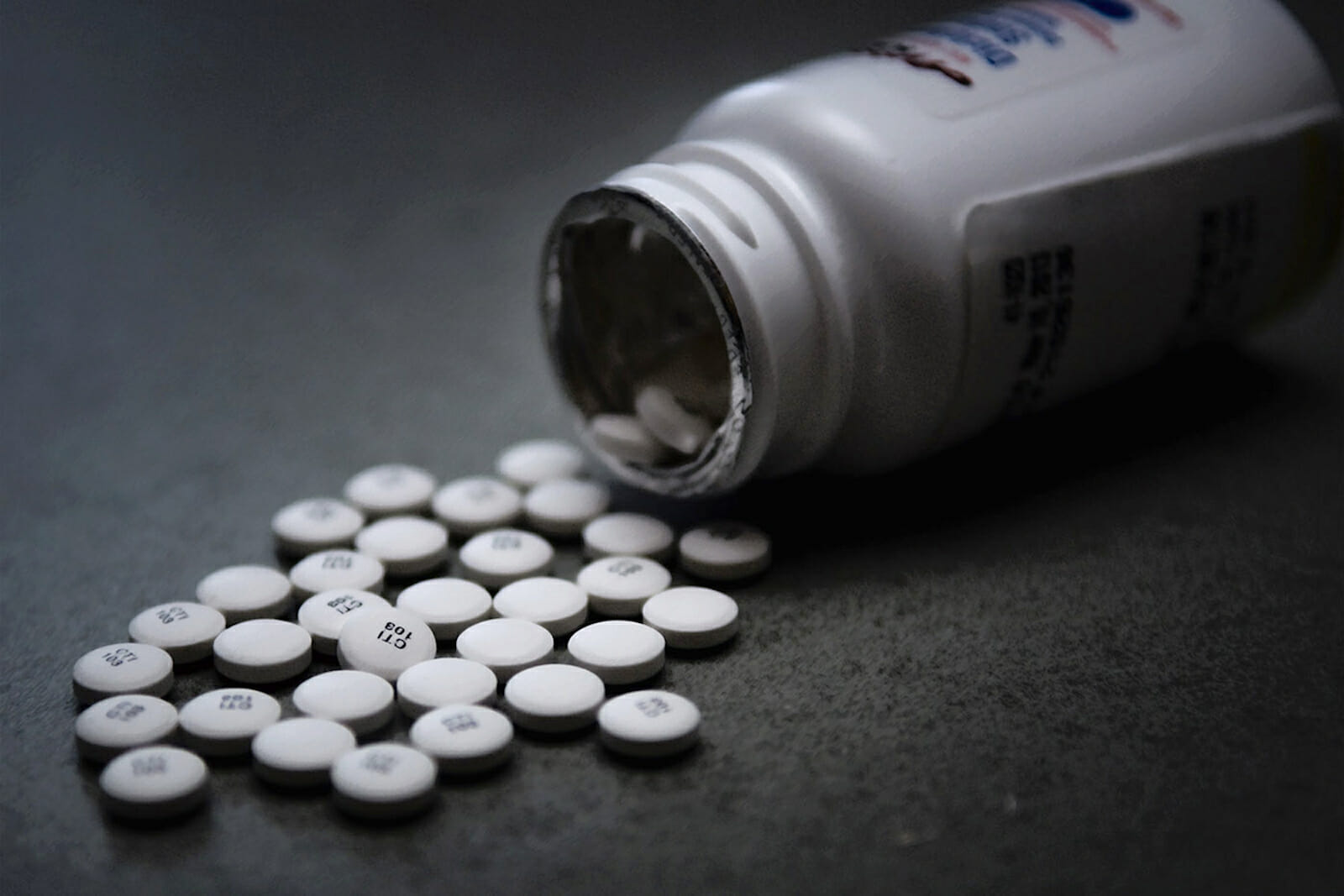
60 Medical Professionals Charged in Federal Opioid Crackdown
The opioid crisis continues to claim lives daily, even with widespread public awareness of the dangers of drugs in this class. One of the factors complicating the issue of opioid abuse is that many fell into addiction by following the instructions of medical professionals. When patients cannot trust their doctors to protect, not harm, their health, who can they trust?
Fortunately, federal prosecutors have begun charging medical professionals who prescribe opioids unnecessarily for personal gain and kickbacks from pharmaceutical companies. What began as an investigation into possible financial crimes soon revealed a sordid world of trading sex for drugs. The tactics employed by many of these health care professionals rivals that of black-market drug dealers.
What the Crackdown Revealed
Near the turn of the new year, the U.S. Department of Justice launched an investigation into over a quarter of a million unnecessary scrips for anything from Oxycontin to Fentanyl. Four short months later, prosecutors charged 60 health care professionals including physicians, nurse practitioners and pharmacists with health care fraud and pushing opioids on the unsuspecting.
Shockingly, many of those charged engaged in such egregious practices as using social media to advertise opioid prescription services. Others handed patients blank prescription forms and let them go wild, filling multiple scrips at various pharmacies.
The most horrifying revelations uncovered by the Appalachian Regional Prescription Opioid Task Force involved the trading of sexual acts for medications. One such medical professional wrote prescriptions for thousands of pills in exchange for sexual favors. Others regularly hired prostitutes whom they paid through dangerous scrips.
The region targeted has been one of the nation’s hardest hit by opioid addiction and death. West Virginia alone suffers addiction rates more than double the national average. Considering that over 100 people die each day due to overdoses of these dangerous meds, the toll to human life and happiness staggers the imagination.
Investigators used a combination of techniques to gather intelligence to support the allegations. Prevailing in court, though, may prove more difficult than filing the initial charges. The burden lies on prosecutors to prove by a preponderance of the evidence that these health professionals acted with the intent to write prescriptions that served no legitimate medical purpose.
Do Opioids Truly Work?
People have used opioid-based medications since ancient times when the pain-relieving properties of the poppy first entered human consciousness. However, today’s synthetically produced opioids prove far more powerful — and addictive — than earlier, plant-based remedies.
Questions remain about the efficacy of opioids when it comes to effective pain relief. A recent study over a 12-month period found that treatment with opioids actually provided no more relief than less addictive medications such as ibuprofen for improving function.
Additionally, many western practitioners have incorporated therapies long considered alternative treatments for pain management into their protocols. Many have received grant money intended to allow for the treatment of more patients through non-chemical interventions such as acupuncture and massage. Some research indicates these natural methods of pain management work more effectively than opioids in treating chronic conditions like fibromyalgia.
Certainly some patients, such as those with end-stage cancer, benefit from both the physical and mental aspects of continued opioid use. For example, Fentanyl was originally developed by Insys Pharmaceuticals to treat women dying from stage IV breast cancer. Ironically enough, some of Insys’ top executives now face charges of hiring strippers to bribe physicians to prescribe a spray form of the medication for off-label uses.
The majority of chronic pain patients achieve greater relief in the absence of opioid-based treatments. Medical cannabis, for example, offers a natural method of treating pain without exposing sufferers to the risks of accidental overdose. Some neurological research indicates that cannabis may offer far more than simple palliative care — it may help rebuild the myelin sheath coating the nerves that patients with multiple sclerosis experience, or at least halt further deterioration of nerve coverings.
Further Developments in the Battle Against Opioid Addiction
Given the sweeping extent of the opioid crisis and the tens of thousands of lives lost to intentional or accidental overdoses, prosecutors have grown more aggressive in pursuing those deemed responsible for fanning the fires of the epidemic. Purdue Pharmaceuticals, manufacturer of Oxycontin, faces numerous lawsuits, as do many other drug manufacturers.
Nor are federal prosecutors content any longer to reserve such cases for civil court where punitive measures consist solely of financial compensation to victims. Earlier today federal prosecutors charged Lawrence Doud III, former CEO of Rochester Drug Co-operative, with criminal charges for conspiring to prescribe unnecessary narcotics and defraud the U.S. government. It is unclear what penalties Doud may face outside of fines, but nevertheless, the move marks a brave new tactic in the war against opioid addiction.
Healing a Hurting Nation
If America is to move forward from the opioid epidemic, stricter regulations will hopefully prevent health care professionals from swapping scrips for financial or even sexual reward. Health industry professionals do well to check themselves now, evaluate their practices and ensure that they comply with prescribing guidelines. Death by opioid addiction is preventable, and patients should not continue to perish from following their doctors’ orders.
